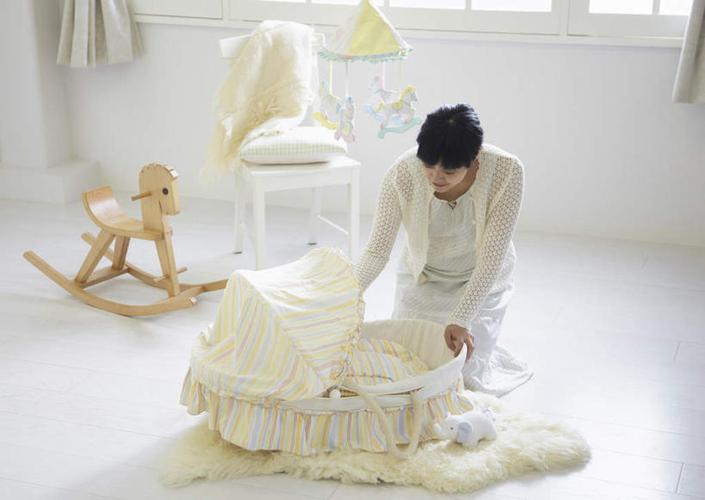Baby spit-up is a common phenomenon, which can be categorized as spitting up and regurgitation. Spitting up usually involves a larger amount and may occur shortly after feeding or half an hour later, with the child showing signs of discomfort such as opening their mouth and arching their neck. On the other hand, regurgitation involves a smaller amount and often happens right after finishing the feeding, with only a mouthful or two coming out. The reasons for spit-up are varied, it could be a symptom of systemic illnesses or gastrointestinal issues, or it could be due to the unique structure of the infant’s digestive system. Infants have low esophageal muscle tone, slow peristalsis, a loose lower esophageal sphincter, and a horizontal stomach position, all of which contribute to making infants more prone to spitting up after feeding.
To prevent spit-up, it is important to ensure that the child latches onto the nipple correctly during feeding to avoid swallowing air. After feeding, the child should be kept in a slightly elevated position with gentle back patting to help expel swallowed air. In daily care, gentle movements should be used to avoid vigorous shaking, as this could trigger spit-up. In most cases, as infants grow, spit-up incidents naturally decrease with minimal impact on their growth and development.
Understanding the principles of infant spit-up is crucial for parents. The anatomical structure of newborns’ stomachs and their way of feeding make them more prone to spit-up. Their stomach is in a horizontal position, the lower esophageal sphincter fails to contract effectively to prevent food reflux, and they may also inhale air while suckling, all of which are physiological factors contributing to spit-up. While spit-up and regurgitation may seem similar, spit-up is more forceful and in larger quantities, sometimes even overflowing from the nostrils, requiring parents’ extra attention and potentially medical examination to rule out any underlying health issues.
Mild spit-up or regurgitation typically does not require specific treatment, maintaining the correct feeding position and burping habits can help alleviate it. However, in cases of frequent or projectile spit-up, seeking prompt assistance from a healthcare professional is essential.


